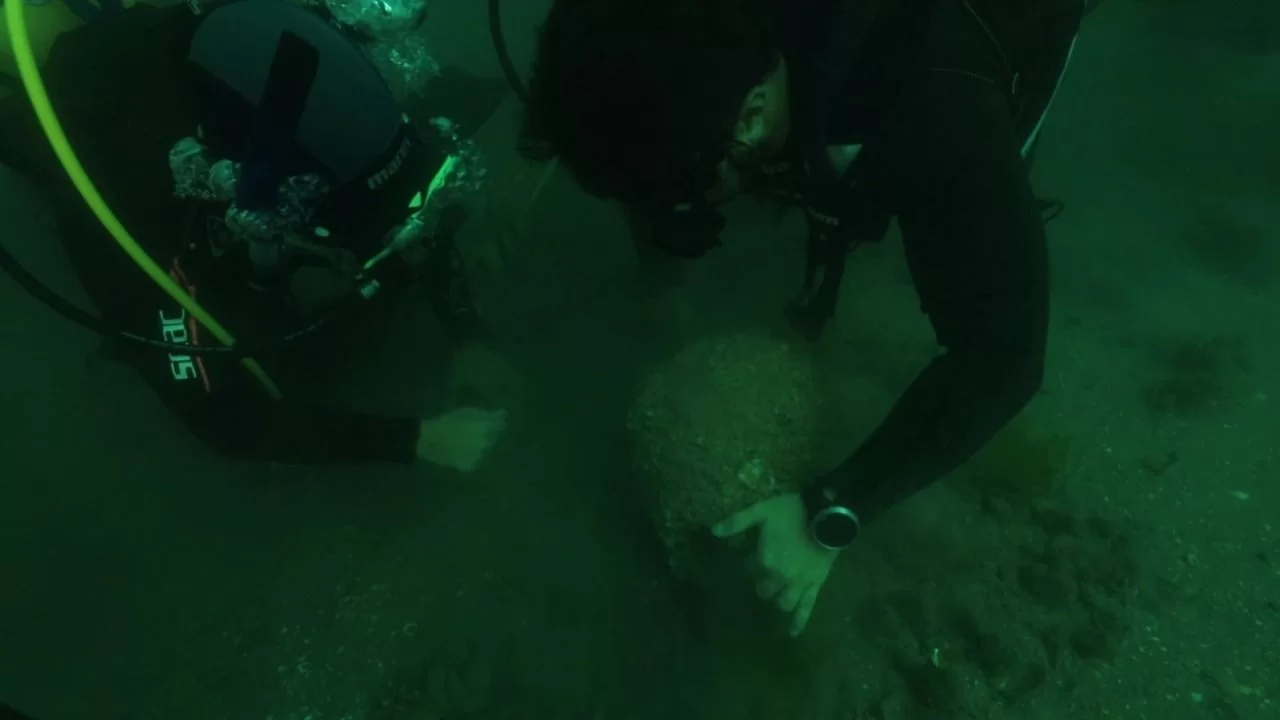
1700-year-old shipwreck discovered in the Sea of Marmara
A 1700-year-old shipwreck was discovered in the Sea of Marmara, located in the northwest of Turkey. The discovery was made by the maritime police of Yalova.
The shipwreck was located 200 meters away from the shore of Yalova. The wreck was named ‘Yalova Gazi 1 Shipwreck’.
During the excavations conducted in the area by the Ministry of Culture and Tourism, various artifacts were unearthed, including amphoras, wooden fragments, and ballast stones that were commonly used in trade between the 9th and 13th centuries.
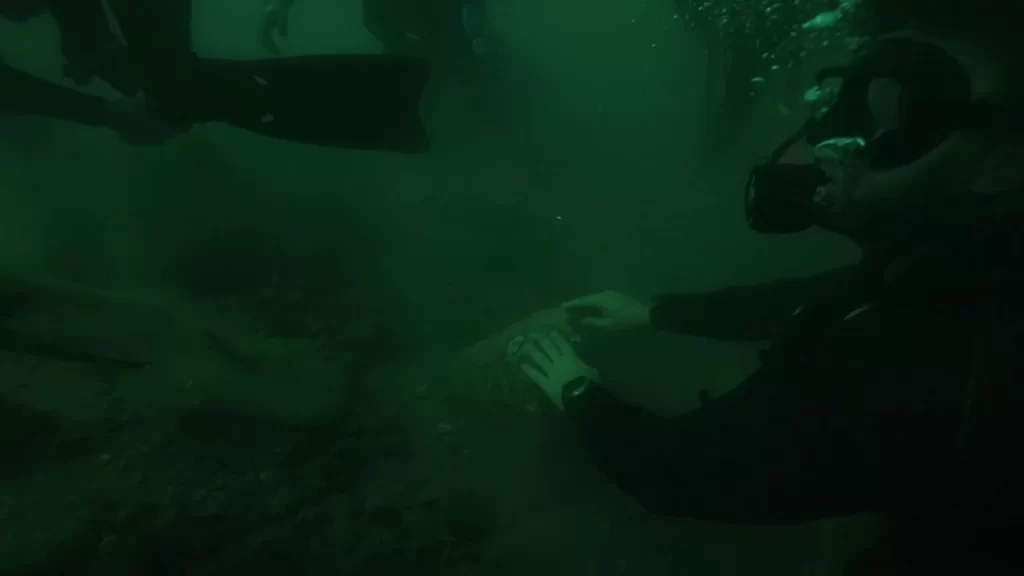
In the study initiated under the scientific coordination of Assoc. Prof. Dr. Serkan Gündüz, the Head of the Underwater Archaeology Department at Bursa Uludağ University, maritime police divers retrieved artifacts from 12 different points under 10 meters of water. These artifacts included amphoras used for storing fish, oil, olives, and dried food, as well as wooden parts and ballast stones used on ships.
The amphoras are identified as Ganos Type 1 and were commonly used in trade between the 9th and 13th centuries AD. Artifacts extracted from the Yalova Gazi 700 Shipwreck, believed to be around 1,100 years old, have been transported to the Yalova Police Marine Port Branch Directorate.
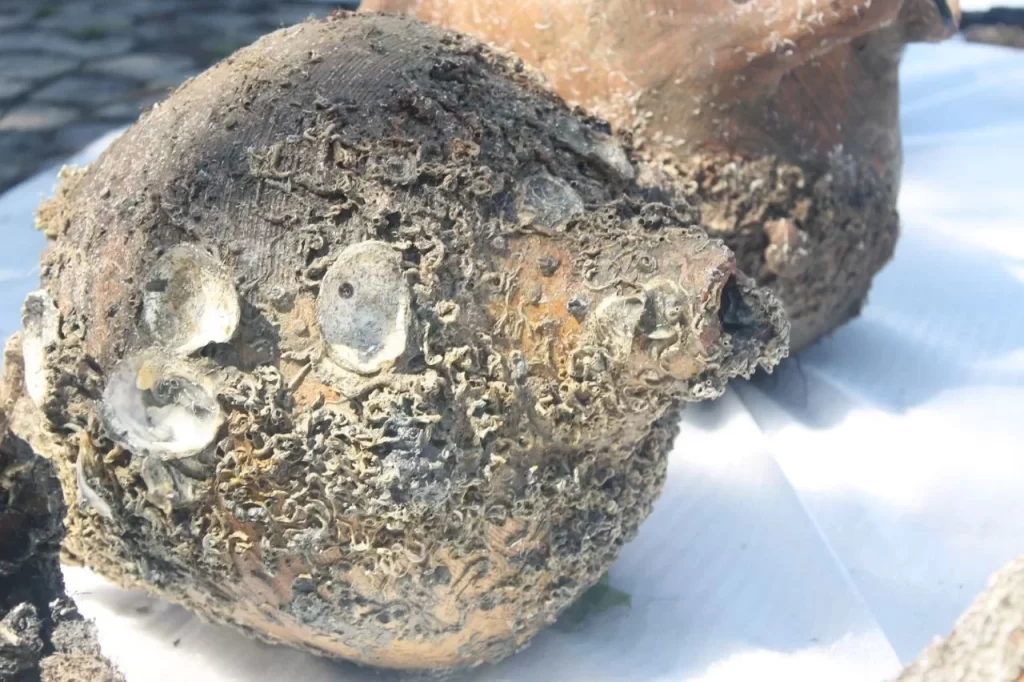
The amphoras are identified as Ganos Type 1 and were commonly used in trade between the 9th and 13th centuries AD. Artifacts extracted from the Yalova Gazi 700 Shipwreck, believed to be around 1,100 years old, have been transported to the Yalova Police Marine Port Branch Directorate.
Çağlardere, “About a month ago, during our last training dive, our divers spotted 1-2 objects and suggested further investigation. Later, when we dived together, we encountered a structure underwater. We informed the relevant authorities. Upon further dives, it was confirmed that there was a shipwreck here,” he said.
You may also like
- A 1700-year-old statue of Pan unearthed during the excavations at Polyeuktos in İstanbul
- The granary was found in the ancient city of Sebaste, founded by the first Roman emperor Augustus
- Donalar Kale Kapı Rock Tomb or Donalar Rock Tomb
- Theater emerges as works continue in ancient city of Perinthos
- Urartian King Argishti’s bronze shield revealed the name of an unknown country
- The religious center of Lycia, the ancient city of Letoon
- Who were the Luwians?
- A new study brings a fresh perspective on the Anatolian origin of the Indo-European languages
- Perhaps the oldest thermal treatment center in the world, which has been in continuous use for 2000 years -Basilica Therma Roman Bath or King’s Daughter-
- The largest synagogue of the ancient world, located in the ancient city of Sardis, is being restored

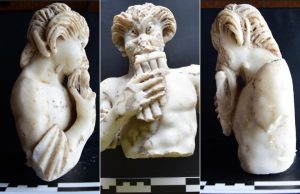
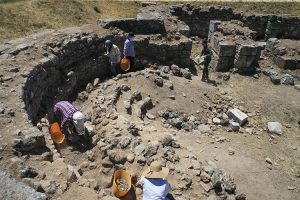
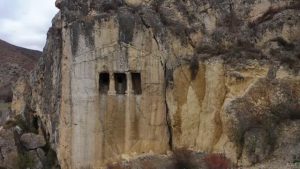
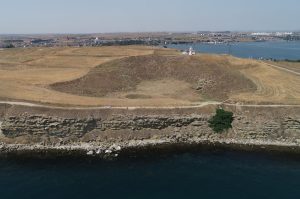
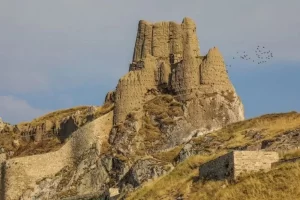



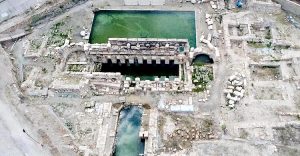
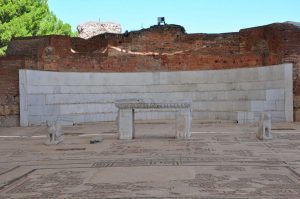
Leave a Reply